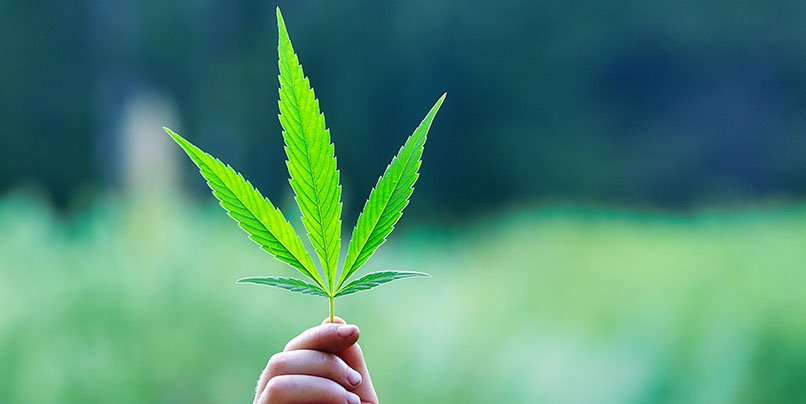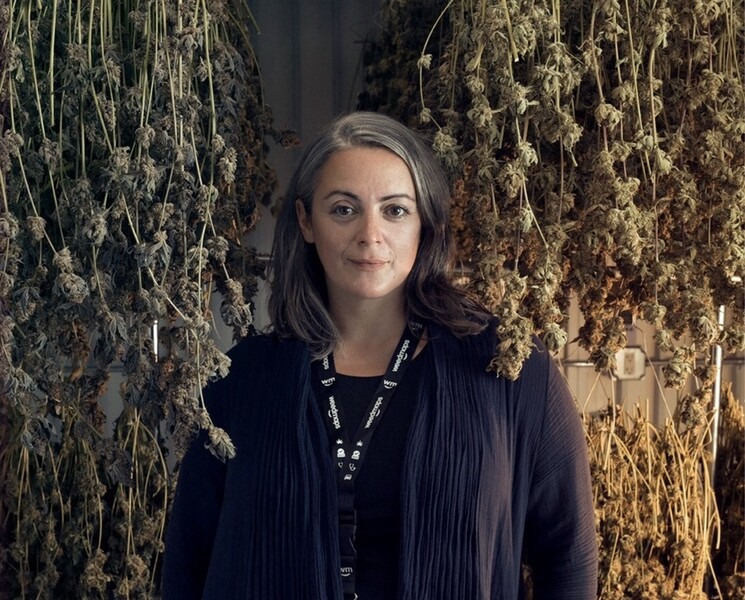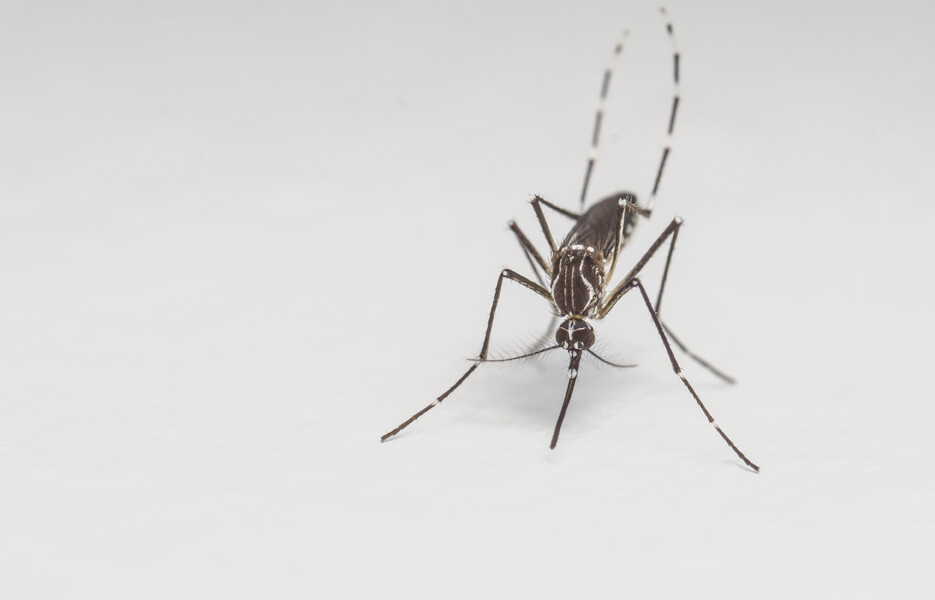Researching brain development in adolescents led Hilary Marusak to UVM’s cannabis program.
Marusak, an assistant professor of psychiatry and behavioral neurosciences at Wayne State University’s School of Medicine in Michigan, enrolled in UVM’s Cannabis Science and Medicine Professional Certificate last year.

The knowledge she gained at UVM helped frame her new research study, which examines adolescent brain development to better understand how the brain regulates fear. The five-year study, funded by the National Institute of Mental Health, also has future implications related to the effects of cannabis on adolescent brain development.
Titled “Endocannabinoids and the Development of Extinction Recall Neural Circuitry in Adolescents”, her study will monitor the brain development of adolescents between the ages of 10 and 17 by measuring blood samples and brain imaging.
UVM’s Online Cannabis Certification
UVM is the first medical school in the nation to offer a professional certificate in cannabis and medicine. The online cannabis certification is designed for physicians, dispensary personnel, nurse practitioners, pharmacists, physician assistants, and regulators.
The program covers cannabis history, business, law and policy, plant biology, biological effects on humans, production and safety, pharmacology, and clinical research.
“It’s an excellent program,” Marusak says. “We heard from growers, physicians using medical applications, and researchers.”
Marusak says there is still significant research needed about the effects of cannabis on the developing brain. However, she says it’s clear that THC—the primary psychoactive compound in cannabis—can change signaling within the brain’s endocannabinoid system, which could have lasting effects on brain development and the ability to regulate fear and anxiety.
According to a February 20 story published by Wayne State University, Marusak and her research team are interested in the development of the endocannabinoid system, a recently discovered system in the body. Scientists found that the body creates its own THC-like molecules, or “endocannabinoids,” and these molecules have receptors in the brain that are vital for controlling how the body responds to fear and anxiety.
Marusak is also submitting a new grant application this summer on how cannabis use is affecting brain development in teens. The study will consider the detriment impact of using cannabis as early as age 10 to 15.
“As more states move toward legalization, how will that affect kids?” she says. “How early is too early to start, and does cannabis impact brain development and mental health outcomes in children and years later, as adults?”
For Marusak, the UVM helped her better understand the potential of cannabis.
“It was a great overview, and there was a resounding theme we need to do more research to understand all of this,” she says. “It’s a wide-open area.”
Learn more about the UVM Cannabis Science and Medicine Professional Certificate




